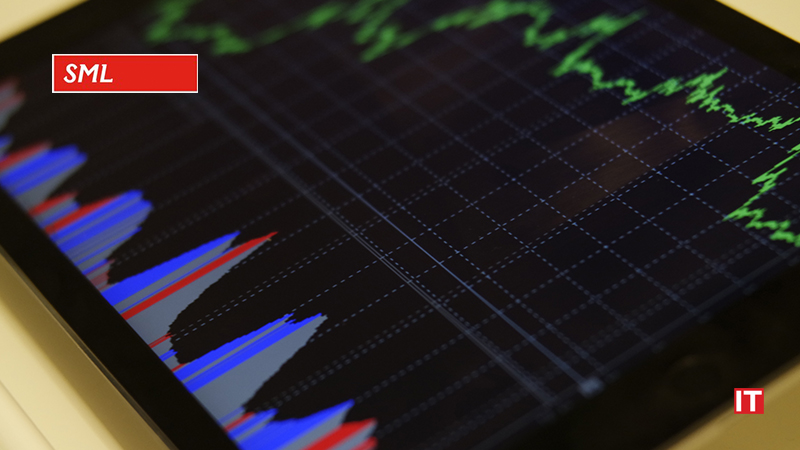SML Group, a worldwide leader in digital identification technology and solutions provider, announced the launch of its Technology Innovation Development Center (“TIDC”), a first-in-Hong Kong Radio Frequency Identification (“RFID”) inlay Research & Development (R&D) center and production hub. The new center is part of SML’s strategic long-term plans as it seeks to develop the technology ecosystem to power increasingly global operations that involve a growing pool of customers transitioning towards a digital-first future where every item will be tagged with a digital ID across markets.
With this center, SML will be empowered to grow its business operations globally and help customers in their pursuit towards a sustainable future. Wilson Chan, Chief Operating Officer of SML, said: “This center will enable SML’s expansion into strategic industries and thrive in a future where every item will have a digital identity. SML will work towards efficiently producing RFID tags that meet the highest standards of brands across industries.”
In a global market characterized by uneven quality of RFID inlays, an integral component of the RFID tag that carries item-level data, the center will allow SML to improve quality control by standardizing performance and enhancing reliability throughout both the R&D as well as the production process. The center demonstrates SML’s ambition to secure a leading role in enhancing inlay standards across the industry.
Setting industry standards, offering assurance to clients and ensuring quality
As a market leader that embraces technology development within the retail manufacturing sector, SML, with a new technology development center, will look to construct an end-to-end quality control system elevating industry standards and offering quality assurance for its clients.
A state-of-the-art center will import hi-tech machinery and bring in latest technologies to produce RFID inlays with high levels of throughput at a much higher efficiency. With the industry’s innovative machinery and testing facilities from Germany and Finland, the center will be able to produce a RFID-enabled hang tag from 7 steps to 1, a significant improvement. Ultimately, the center will enable SML to increase its annual production levels via a streamlined manufacturing process to meet the growing demand for RFID products.
TIDC will also include a multiple-point performance checking system that will communicate with RFID inlays on a wide frequency range and help check the inlay’s overall performance to improve quality levels. In addition, the R&D laboratory will allow SML to design and test RFID inlays. TIDC will also seek to enhance the productivity and reliability rates of the manufacturing process of RFID inlays.































